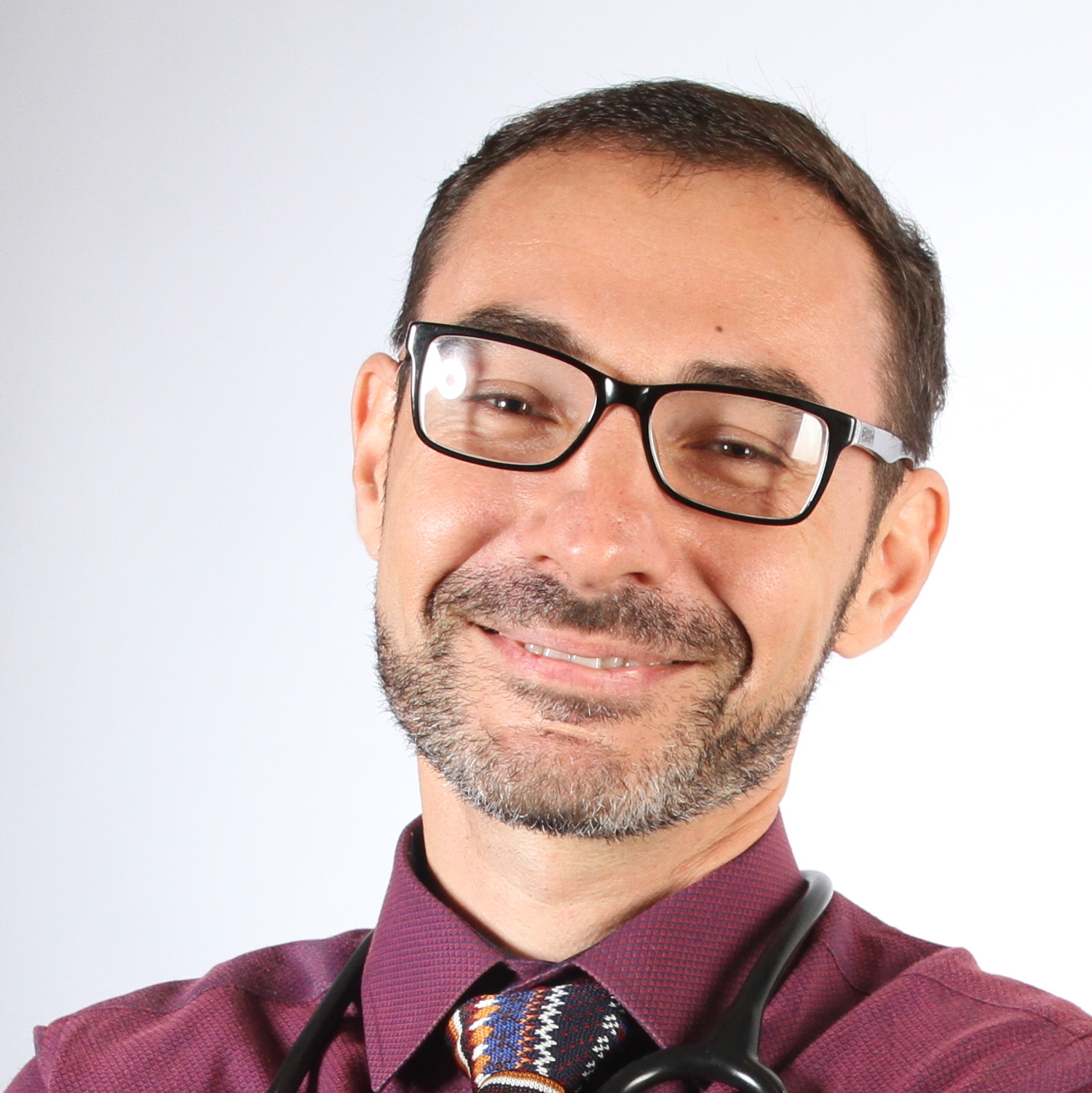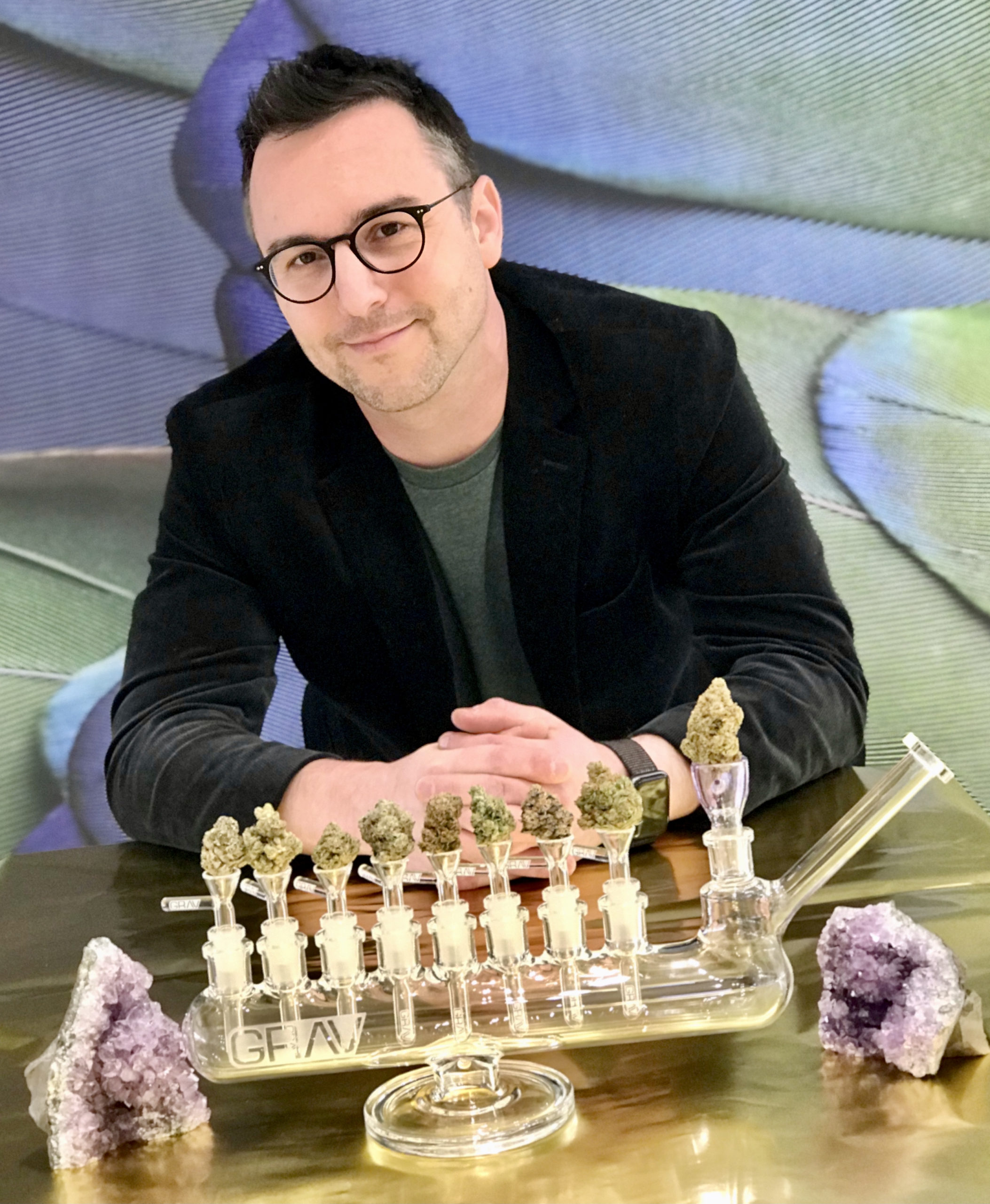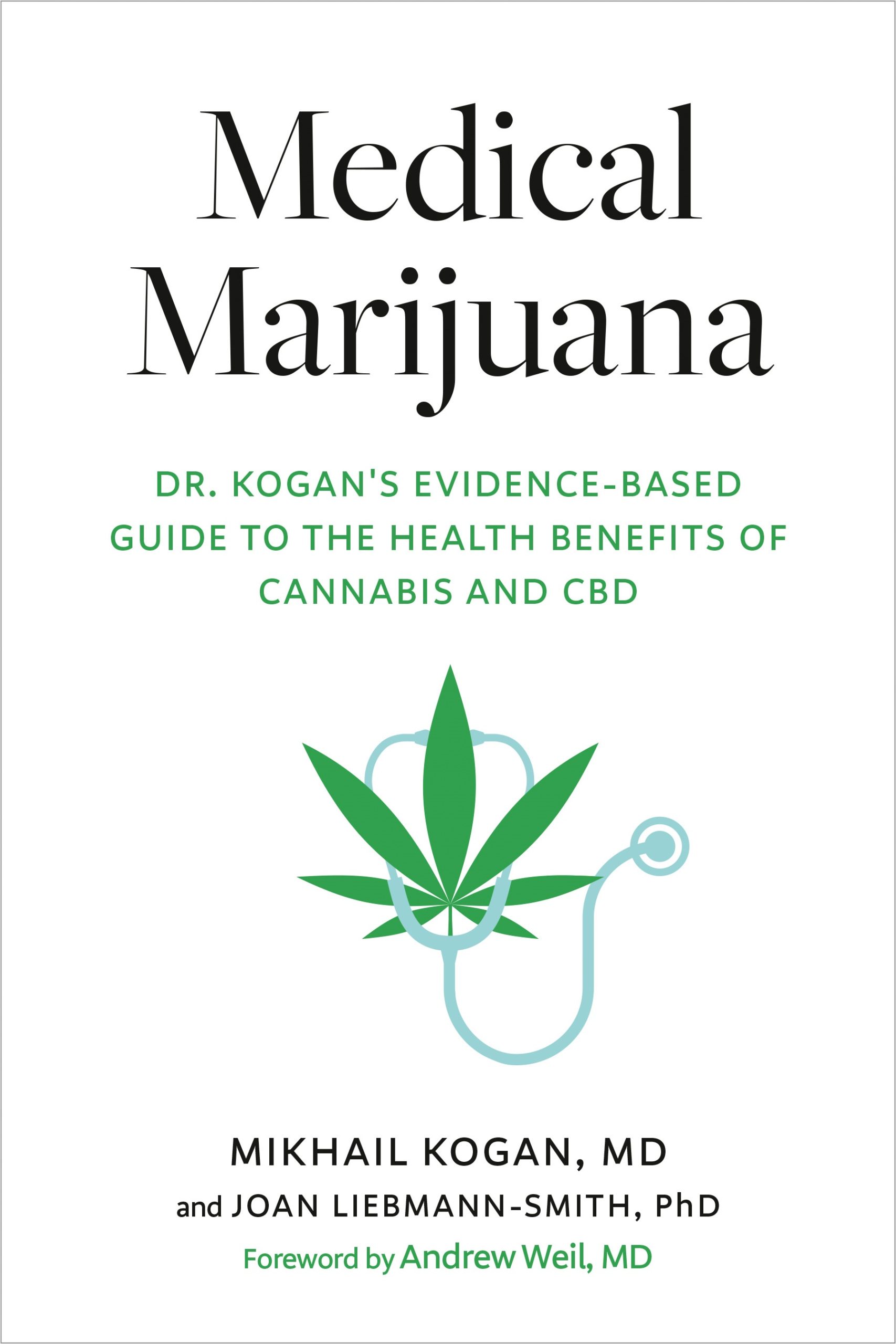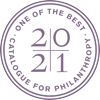This program is being offered virtually through Zoom. In order to participate and receive the Zoom link, register by clicking the RSVP button above or by emailing carla@smithcenter.org.
You will receive the Zoom information no later than the morning of your program.
with Mikhail Hogan, MD, ABIOM, RCST, and Rabbi James Kahn
Cannabis is becoming more widely available as a medicine in the United States as well as throughout the world. Although its medicinal use dates back thousands of years, health care providers trained in modern times during cannabis prohibition and stigmatization have very little knowledge regarding the pharmacology, benefits and risks, and dosing recommendations. Oncology patients are increasingly relying on on-line testimonials or advice from cannabis dispensaries to determine if cannabis may be useful for them.
Recent surveys have shown that at least 50% of oncologist would like to have their patients try medical cannabis but only few actively prescribe mostly due to lack of education on the topic.
This session will outline the basics of the system of cannabinoid receptors and endocannabinoids, review clinical situations where cannabis may be a useful intervention and discuss and demonstrate some of the currently available delivery systems.
Objectives:
- Enumerate the clinical situations which have the best evidence to support the use of medicinal cannabis as it relates to oncology patients.
- Discuss the effects obtained from different strains and modes of delivery of medicinal cannabis.
- Understand basics of the process of obtaining medical cannabis in DC area.
About Mikhail Hogan, MD, ABIOM, RCST

Dr Kogan is a leader in the newly-established field of Integrative Geriatrics. He is the chief editor of the first definitive textbook of the field entitled “Integrative Geriatric Medicine”, published by Oxford University Press as part of Andrew Weil Integrative Medicine Library series and is frequent speaker at a variety of international conferences on the topics of Integrative Medicine, Geriatrics, healthy aging, as well as medical cannabis. While Dr Kogan’s main medical cannabis expertise is in treating older patients and palliating symptoms at end of life he also treats wide arrange of internal medicine problems from chronic GI problems to cancers where use of medical cannabis can be very beneficial. In October 2021 Dr Kogan in collaboration with Dr. Joan Liebmann-Smith and Pinguin Random Publishing House published Medical Marijuana, Dr Kogan’s Evidence-Based guide to the health benefits of cannabis and CBD.
Dr. Kogan currently serves as medical director of the GW Center for Integrative Medicine, associate professor of medicine in division of Geriatric and Palliative Care, and associate director of the Geriatrics and Integrative Medicine Fellowship Programs and director of Integrative Medicine Track program at the George Washington University (GWU) School of Medicine.
Dr Kogan is also the founder and the executive director of AIM Health Institute, a 501(c)(3) non-profit organization in the Washington, D.C. metropolitan area that provides integrative medicine services to low-income and terminally ill patients regardless of their ability to pay.
About Rabbi James Kahn

Rabbi James Kahn is the Executive Director of Liberty Cannabis Cares (LCC), the social impact and corporate responsibility team at Holistic Industries, one of the largest, privately held, multi-state cannabis operators in the U.S. Rabbi James, as he’s known to colleagues and friends, has been with Holistic since its earliest days – opening the very first Liberty dispensary in 2019 before transitioning to a national position as Director of Community Outreach. He is a passionate cannabis activist and educator, with more than a decade of experience in the industry. His work at Holistic is focused around four key pillars: social equity, diversity, education, and community engagement. James’ career in cannabis began in 2011, when he and his family opened Takoma Wellness Center, Washington, D.C.’s oldest (and largest) medical cannabis dispensary. James continues to serve Takoma as a strategic business advisor. As an ordained rabbi, James has served in a range of positions, including Senior Jewish Educator at the University of Maryland Hillel, Director of Chaplaincy at JSSA (a large social service agency serving the DMV area), Rabbinic Director for D.C.’s Hebrew Free Burial Society and the Washington Board of Rabbis. He currently serves on numerous boards, including the National Hispanic Cannabis Council, the International Jewish Cannabis Association, and the United States Veterans Chamber of Commerce. His unique blend of cannabis experience and community service inspires Holistic’s values as a company and improves the industry as a whole.




